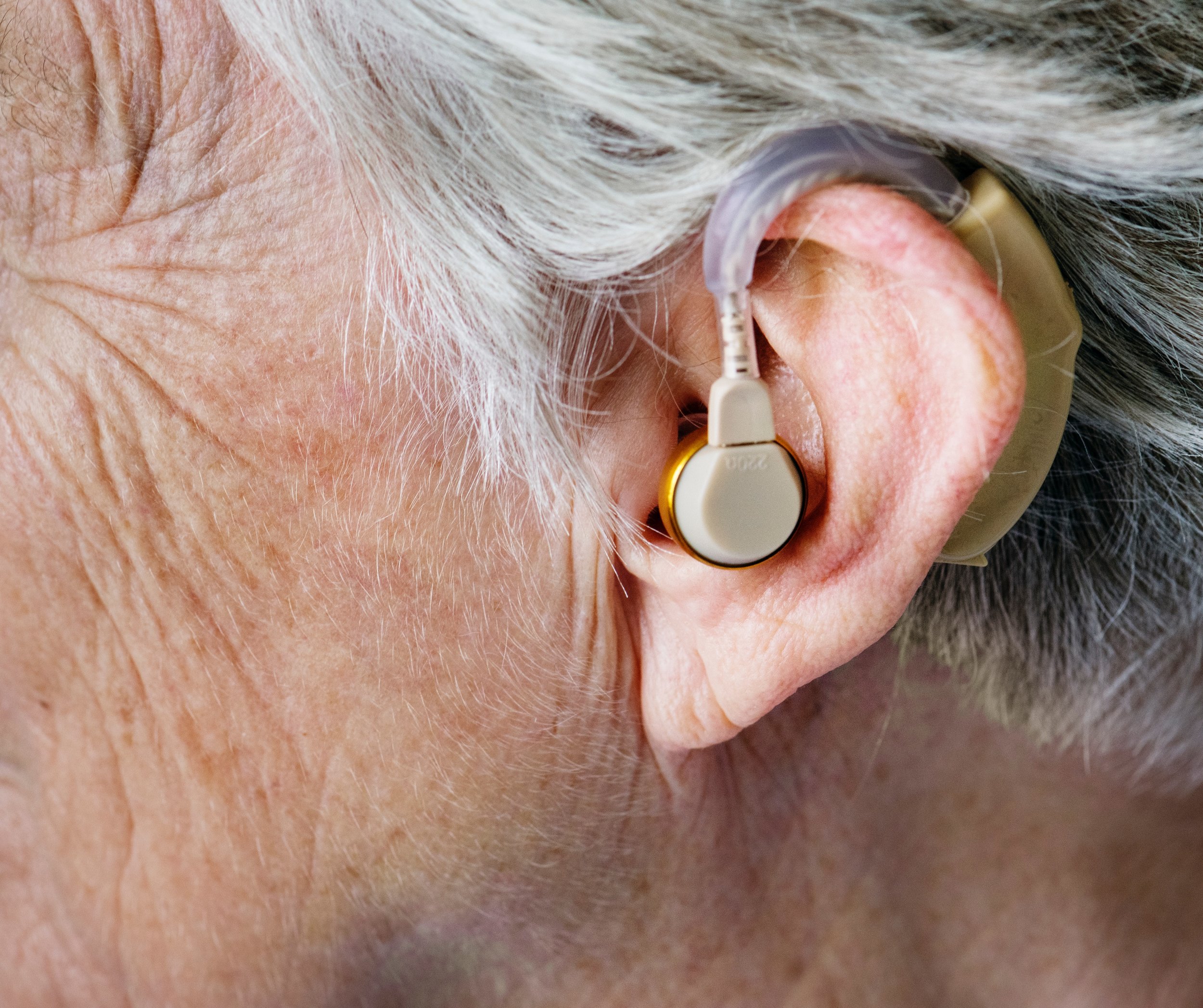What are the symptoms of presbycusis?
Presbycusis, or age-related hearing loss, is characterized by a gradual decline in hearing ability as people age. Symptoms of presbycusis include:
- Gradual Hearing Loss: Difficulty hearing high-frequency sounds, such as birds chirping or the ringing of a phone, which often progresses over time.
- Difficulty Understanding Speech: Trouble following conversations, especially in noisy environments or when multiple people are speaking.
- Muffling of Sounds: Sounds may seem muted or less clear, making it hard to distinguish between different sounds.
- Ringing in the Ears (Tinnitus): Some individuals may experience ringing, buzzing, or hissing in the ears.
- Increased Sensitivity to Loud Noises: Some people may find certain loud sounds more bothersome or painful.
- Difficulty Localizing Sounds: Trouble determining the direction or source of sounds.
These symptoms typically develop slowly and can affect both ears, making it important to seek hearing evaluation if these signs are noticed.
What are the causes of presbycusis?
Presbycusis, or age-related hearing loss, is primarily caused by the natural aging process. Key factors contributing to presbycusis include:
- Degeneration of Hair Cells: The hair cells in the inner ear (cochlea), which are crucial for converting sound waves into electrical signals, can deteriorate over time.
- Changes in the Auditory Nerve: The auditory nerve, responsible for transmitting sound signals from the inner ear to the brain, may also undergo changes that affect hearing.
- Decreased Blood Flow: Reduced blood flow to the structures of the inner ear can impair their function and contribute to hearing loss.
- Changes in the Middle Ear: Age-related changes in the middle ear structures, such as stiffening of the ossicles (tiny bones), can affect sound transmission.
- Genetic Factors: Genetic predisposition can play a role, making some individuals more susceptible to age-related hearing loss.
- Noise Exposure: Long-term exposure to loud noises over a lifetime can exacerbate hearing loss associated with aging.
- Medical Conditions: Chronic conditions such as diabetes, hypertension, and cardiovascular disease can influence hearing health.
- Ototoxic Medications: Certain medications that are toxic to the ear (ototoxic) may contribute to hearing loss when used over long periods.
These factors collectively contribute to the gradual decline in hearing ability experienced with aging.
What is the treatment for presbycusis?
Treatment for presbycusis primarily focuses on managing the symptoms and improving quality of life, as the condition is typically progressive and cannot be reversed. Common approaches include:
- Hearing Aids: Amplify sounds to make them easier to hear. Modern hearing aids can be customized to the individual’s specific hearing loss pattern and can help improve communication.
- Assistive Listening Devices: These devices, such as personal amplifiers or FM systems, can help in specific situations, like watching TV or talking on the phone.
- Communication Strategies: Techniques such as speaking clearly, reducing background noise, and using visual cues can enhance understanding and facilitate better communication.
- Auditory Rehabilitation: Training programs and therapy may help individuals adapt to their hearing loss and improve their ability to use hearing aids effectively.
- Medical Evaluation: While presbycusis itself is not reversible, addressing any underlying conditions or managing related health issues may help mitigate the impact on hearing.
- Surgical Options: In rare cases, surgical interventions might be considered if there are additional issues affecting hearing, but they are not typically used for presbycusis alone.
Regular hearing evaluations and consultations with an audiologist or otolaryngologist can help tailor these treatments to individual needs and monitor hearing health over time.

Leave a Reply
You must be logged in to post a comment.